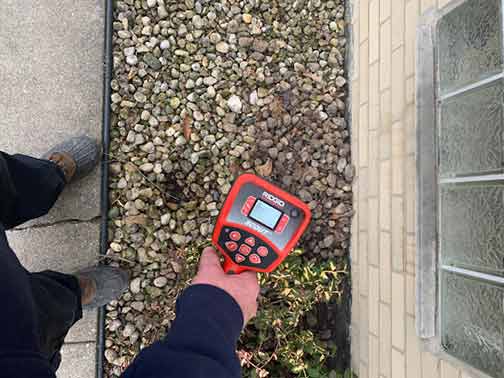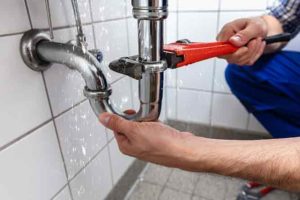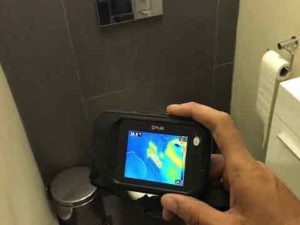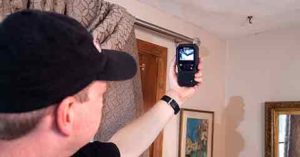
The plumbing system is one of the most extensive and most used systems in the home. Almost every room in the house has water running through it, and a wide range of activities done in modern homes require water.
On average, one person in the home uses 80 – 100 gallons of water a day; that’s just one person. When you work out the amount of water used by the entire family, you can start to see just how much work the plumbing in your home does.
That is why plumbing leaks are easily the biggest maintenance issue in the home. The fact that water is very mobile and present in every part of the home means plumbing leaks can happen in any area on the property, warns McCaw Property Management. Moreover, these leaks can be incredibly complicated to detect.
Why are plumbing leaks so hard to find?
The reason is that most plumbing system components are invisible inside the walls, flooring, basement, and ceiling. It protects them from damage and preserves the aesthetic appeal of the home.
The second reason is that plumbing leaks rarely happen as we imagine them. Instead of water cascading down the home’s wall, most leaks occur as small continuous drips from damaged pipes or fixtures. These can go unnoticed for a long time.
But the long-term effect of these small leaks can be devastating to your wallet and the physical structures of your building. The costliest plumbing leaks in your home are not those that often flood your home, but the ones that secretly damage your building.
How do you detect those types of plumbing leaks early?
The following are the different ways to detect plumbing leaks in your home even before the effects of the problem become apparent. A leak detection system built on these strategies will save you thousands of dollars.
Monitor your water bill for changes
You should know the average amount you pay for water every month. If you notice large and sudden spikes in your water bill without any significant changes in your family’s use of water, you may suspect a leak. That will not tell you where the leak is, but it will help you be aware of the problem.
Measure your water usage
A family of four will not use more than 12,000 gallons of water a month. That is according to statistics from the Environmental Protection Agency. If you check your water usage and it exceeds this average by a wide margin, you can be sure there is a leak somewhere in your plumbing.
Watch your water meter
The dial of your water meter should stop moving when all the water in your home shuts off. With all the faucets in the house turned off, the reading on your water meter will only change if there is a leak in the system. Turn the faucets off, note the reading on the meter, wait one hour and observe the reading again.
Check the toilet for leaks
Toilets are notorious for hard-to-detect leaks. The tank may be leaking water into the bowl for years without any indications of the problems. To check if the tank is leaking, put a few drops of food coloring in the tank. Wait ten minutes and check to see if the color has appeared in the toilet bowl.
Inspect problem areas
Some parts of the home are notorious for hiding plumbing leaks. These include toilets, under the sink, and dripping faucets. Along with checking these areas, you may also look for signs of mold and moisture. Another sign to look for is a musty smell.
Check water sources outside the home
Exterior faucets and water spigots are also a crucial source of leaks. Since they are outside the home, they don’t get enough attention when homeowners look for plumbing leaks. If there is an area outside the house that is constantly wet, there might be a leak in the area.
Look for patches of green grass
If an area of lawn grass is greener than surrounding areas, it could indicate that that part of your lawn is getting more water than other parts. That is not always an indication of a water leak; it could also happen if your home’s sewer line is leaking and requires repair.
Check appliance and fixtures
Water-utilizing appliances may also contribute to your high water bills. Dishwashers, washing machines, and refrigerators can all leak. Check the connecting hoses for these appliances to ensure they are not leaking.
Look for clues of leaks around the house
Leaks will often leave behind a range of signs. Stains on the wall show that water is leaking behind the drywall. These stains can show on ceilings and walls. Bubbly and bulging paint also shows the surface behind the paint is wet. The musty smell around the home is another indication of leaks.



